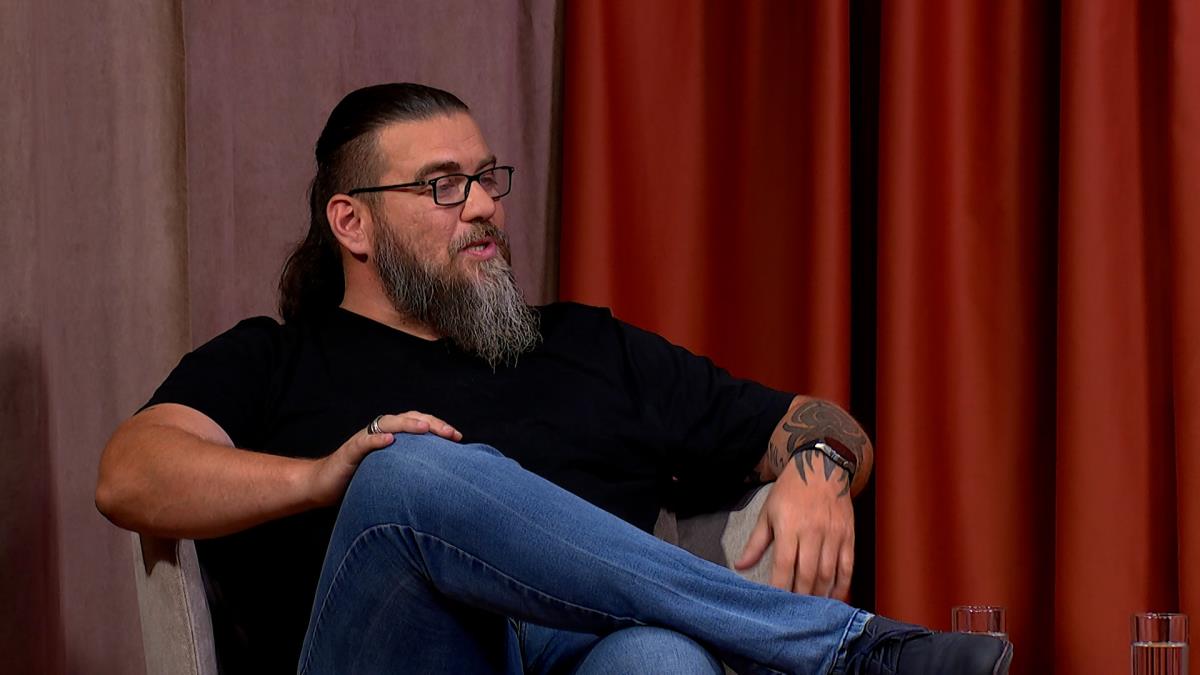Former Criminals Now Buying Bread for Neighbors: How Harsh Life Circumstances Lead to Prison and Moral Reflection
Is poverty and a tough fate an excuse for crime? Or is it just a path that leads to prison and loss of moral compass? Kurir Television explored stories of people who were once on the edge of the law, but today live differently, buying bread for neighbors and struggling with their own demons.
Hunger: The Trigger for Crime? Hasan Dudić, a singer and songwriter, recalls times when as a child he used to steal apples and watermelons, and today remembers how hunger was a daily reality ten years after World War II. “I remember bread with lard and paprika, no one bothered us,” says Dudić.
Đorđe Vasiljević, a former prisoner and author of the book “Dossier Atila,” reveals that his path to crime began when he was only 13 years old. “I stood in line for aid packages, saw criminals, and decided to follow that path. I held a gun for the first time, and I was shaking for two hours after,” he recalls.
The Moral Code of Street “Kings” Atila, as he is called, emphasizes that former generations of criminals had their own moral code. “We used to get up in the morning to help neighbors. If Grandma Milka from the second floor said she needed bread, I would go and buy her bread. Today, kids are spoiled too much, and for us, there were only two phases: good or not good,” says Atila.
Nataša Andonovski, a special educator, explains that hunger and poverty can be triggers but are not excuses for crime. “Not all hungry people become criminals; there are genetic predispositions and environmental influences. Today, criminal groups are more organized, and even minors are increasingly involved,” she warns.
Organized Crime and Recruitment of the Poor Dejan Radenković, a former MUP official, points out that poverty is not the only reason for crime. “People from wealthy families also choose the criminal path, but the poor go through a longer process of positioning in the criminal milieu. Organized groups recruit the poor to commit crimes,” says Radenković.
Moral Dilemma: Who Causes More Harm – Criminal or Lawful Executor? Host Jovana Grgurević raises the question: “Is a better person one who engages in illegal activities or one who, within the law, causes harm to ordinary people?” She cites the example of public executors who often cause more harm than criminals.
Atila adds that politicians cause the greatest harm to the planet, not criminals. “We used to respect elders, help neighbors, and today kids don’t have that upbringing,” he concludes.
Conclusion: Harsh Circumstances Don’t Justify Crime but Often Trigger It This story shows that crime is not just a matter of choice but a consequence of harsh life circumstances, poverty, and social problems. However, the moral code and humanity of former criminals show that it’s not all black and white.
What do you think? Do these people deserve a second chance, or is crime always unforgivable? Share your thoughts; maybe your story can change someone’s life!
Source: Kurir Television, interviews with Hasan Dudić, Đorđe Vasiljević, Dejan Radenković, Nataša Andonovski, and Atila.


















